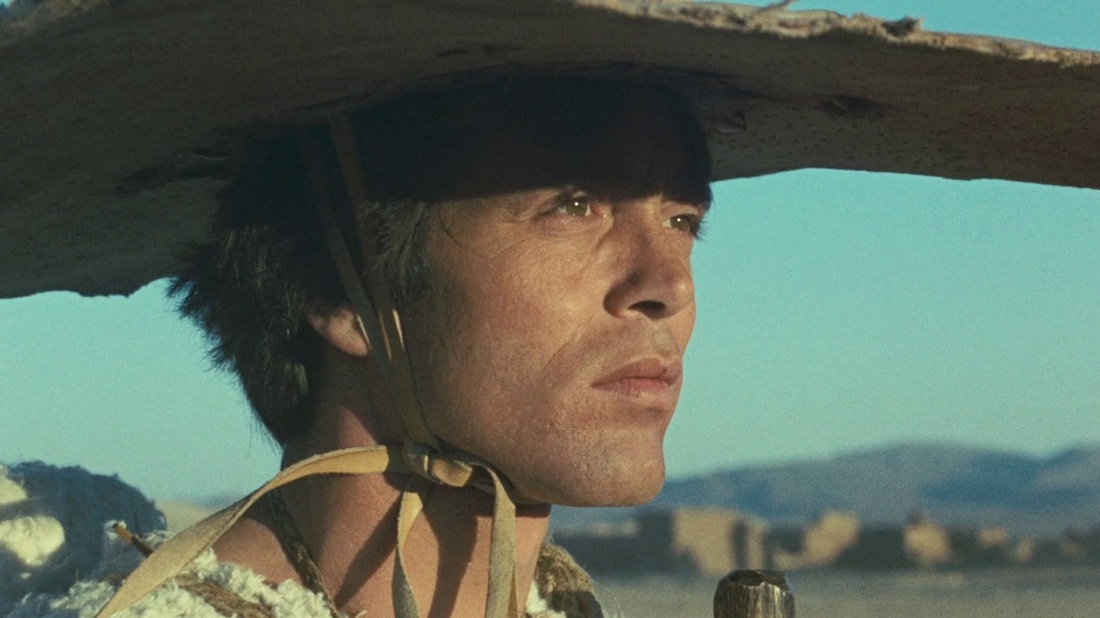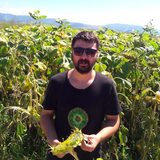Written by:
Share article:
The main editorial themes we explored throughout 2020 addressed topics such as the relationship between sound and the environment, the human and non-human world, the ecological aspects of ancient traditions, and cultural identity as seen through the lens of Romanian cultural heritage.
Throughout the year 2020, we successfully managed to create a vast network of independent writers and collaborators from various places around the world, and with their help, to publish a number of 34+ challenging articles, as well as producing 15 new episodes of our audio series of shows.
All content is available here and is divided into several sections: Spotlight (interviews, extensive reports), Destinations (articles exploring certain cultural areas or geographical regions), Perspectives, First Person (section dedicated to essays exploring concepts from a personal approach), Video (section dedicated to film and video recordings) and Audio (section dedicated to our own series of podcasts, mixtapes and audio recordings, each episode exploring a certain theme or concept).
The 34 published articles cover an extremely wide range of topics, perspectives and analyses. In case you've missed some of our stories, here's an overview of what happened in 2020 at The Attic. And follow the hyperlinks!






